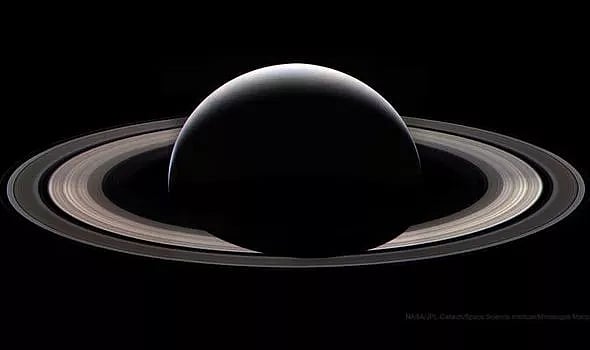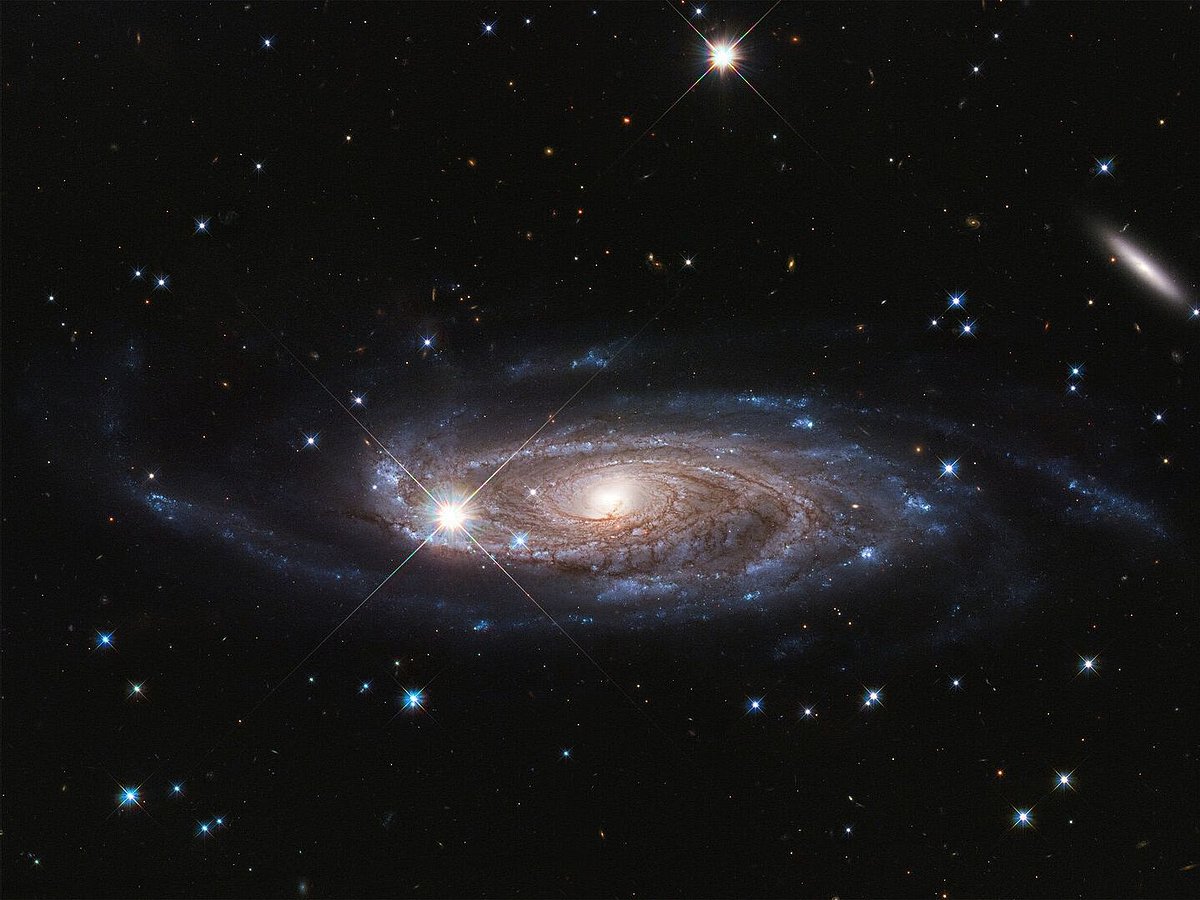New York: A team of US researchers has redefined the conditions that make a planet habitable by taking the star’s radiation and the planet’s rotation rate into account — a discovery that will help astronomers narrow down the search around life-sustaining planets. The research team is the first to combine 3D climate modelling with atmospheric chemistry to explore the habitability of planets around M dwarf stars, which comprise about 70 per cent of the total galactic population.
Among its findings, the Northwestern team, in collaboration with researchers at the University of Colorado Boulder, NASA’s Virtual Planet Laboratory and the Massachusetts Institute of Technology, discovered that only planets orbiting active stars — those that emit a lot of ultraviolet (UV) radiation — lose significant water to vaporisation. Planets around inactive, or quiet, stars are more likely to maintain life-sustaining liquid water.
The researchers also found that planets with thin ozone layers, which have otherwise habitable surface temperatures, receive dangerous levels of UV dosages, making them hazardous for complex surface life.
“It’s only in recent years that we have had the modelling tools and observational technology to address this question,” said Northwestern’s Howard Chen, the study’s first author. “Still, there are a lot of stars and planets out there, which means there are a lot of targets,” added Daniel Horton, senior author of the study.
—IANS







